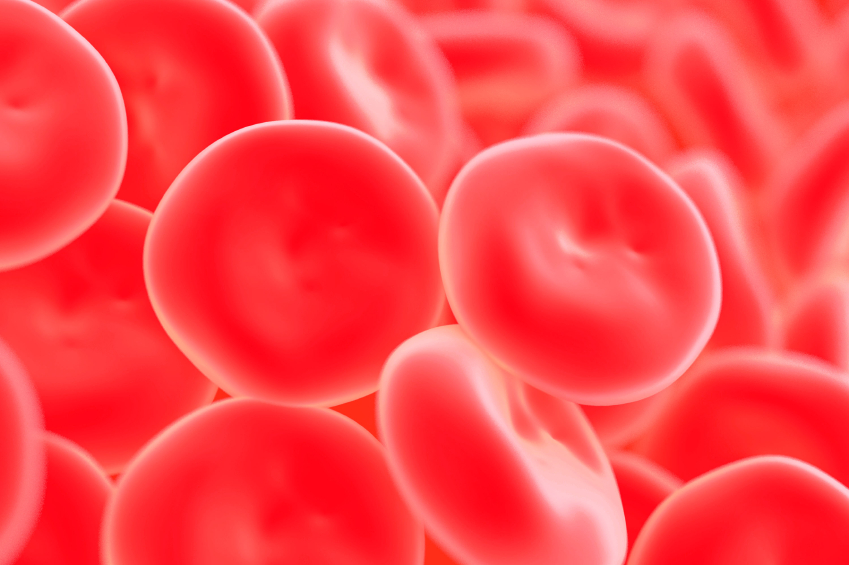An adolescent suffering from sickle cell disease is “in the process of being cured”. He took part in a stem cell clinical trial conducted by Professor Marina Cavazzana at the Necker Children’s Hospital, Paris Public Hospitals and the Imagine Institute in September 2014.
Gene therapy involves “collecting haematopoietic stem cells from the patient and introducing a normal copy of the haemoglobin gene into those cells”. “The results are more than encouraging and are better than predicted”. Almost nine months after transplanting the “corrected” cells, the adolescent “is doing well” and “produces approximately 51.5% of normal haemoglobin”, announced Professor Cavazzana who has also managed the Necker Biotherapy Department since 2003 as well as the Inserm Centre /APHP for Clinical Biotherapy Investigations. “We are very enthusiastic about this breakthrough. In the coming months and years, we hope to be able to treat hundreds of patients waiting for [bone marrow]transplants[1] who cannot find compatible donors”, she added.
Overall, “five patients have benefited from this clinical trial and two others will join the trial in 2016”.
[1] A bone marrow transplant is currently the only available treatment for sickle cell disease – a widespread genetic disorder that affects the haemoglobin content of red blood cells and requires a compatible donor.
AFP (15/12/2015)

